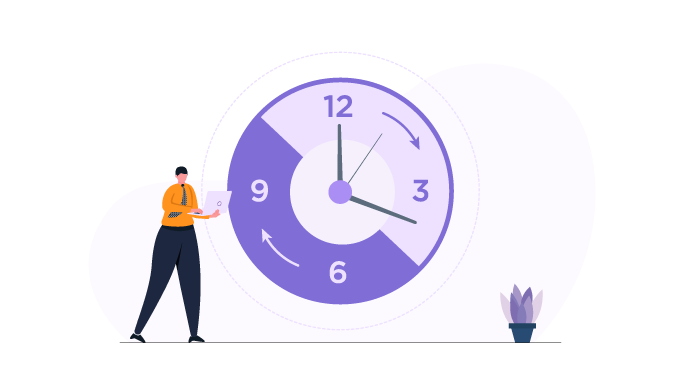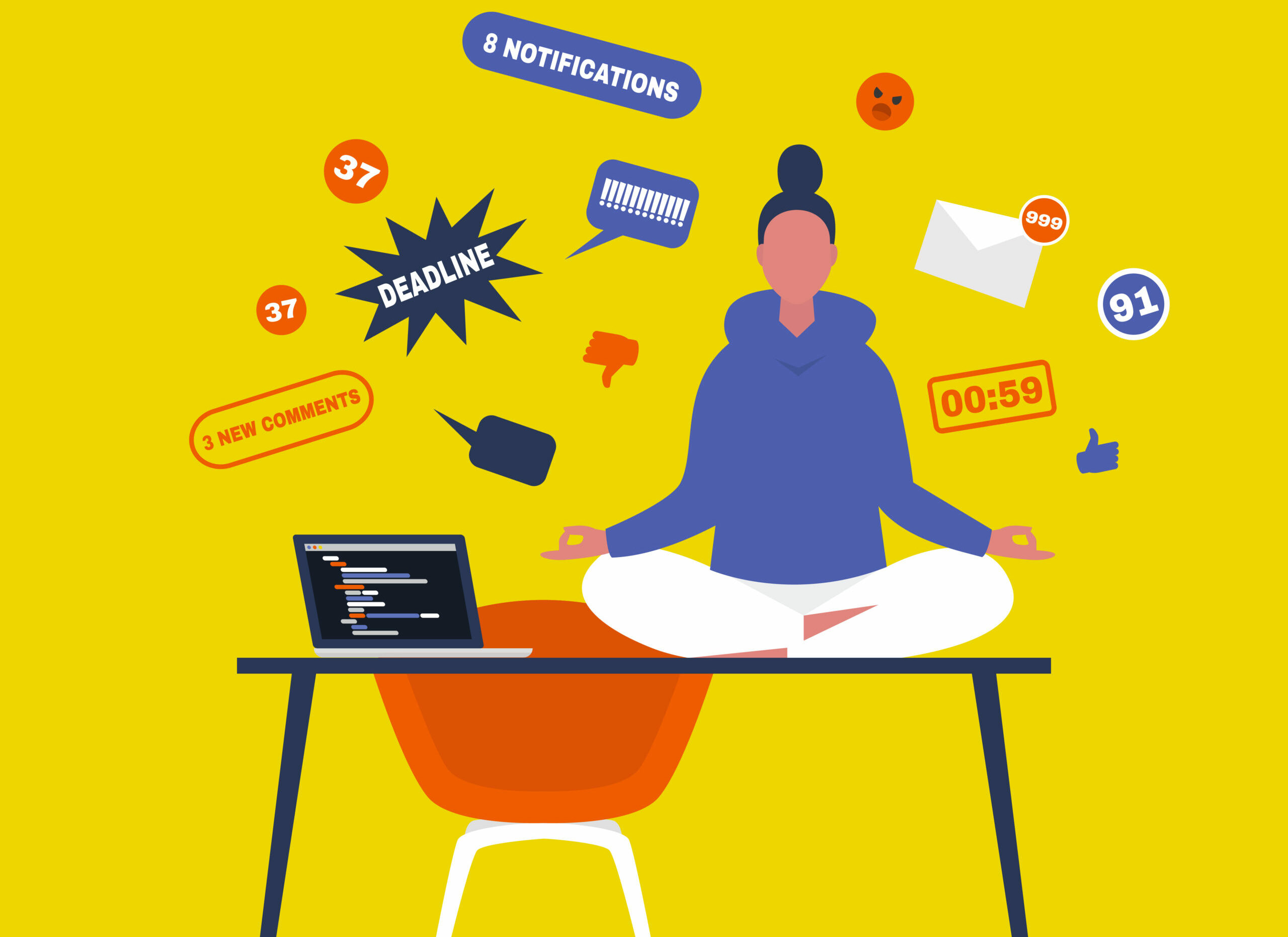Introduction
In today’s fast-paced and demanding world, achieving a healthy work-life balance is crucial for our overall well-being and quality of life. It involves effectively managing our time, energy, and priorities to ensure that we can fulfill our professional responsibilities while also taking care of ourselves and nurturing our personal lives. In this article, we will explore various strategies for managing time and prioritizing self-care to help you achieve a better work-life balance.

The Importance of Work-Life Balance
Maintaining a healthy work-life balance offers numerous benefits that positively impact both our personal and professional lives. Here are some reasons why work-life balance is essential:
- Reduced stress and burnout: Balancing work and personal life helps prevent excessive stress and burnout, allowing us to function at our best and maintain good mental and physical health.
- Improved well-being: When we allocate time for self-care and personal pursuits, we experience greater overall well-being and satisfaction in life.
- Enhanced productivity and performance: A balanced lifestyle boosts productivity, as we have the energy and focus necessary to excel in our work while also enjoying personal pursuits.
- Stronger relationships: Prioritizing personal time enables us to nurture and strengthen our relationships with family, friends, and loved ones.
- Better mental and physical health: Achieving work-life balance promotes better mental health, reduces the risk of chronic illnesses, and enhances overall physical well-being.
Strategies for Managing Time and Prioritizing Self-Care
1. Set clear boundaries
Establish clear boundaries between work and personal life. Define specific working hours and ensure that you honor them. Avoid bringing work-related tasks into personal time and vice versa. Communicate your boundaries to colleagues, clients, and family members to foster understanding and respect.
2. Prioritize and delegate
Identify your most important tasks and prioritize them accordingly. Learn to delegate responsibilities and trust others to handle certain tasks. Delegating not only relieves your workload but also empowers and develops the skills of your team members.
3. Practice effective time management
Adopt effective time management techniques, such as creating to-do lists, using calendars or digital planners, and breaking tasks into smaller, manageable steps. Prioritize your tasks based on urgency and importance. Avoid multitasking, as it can lead to decreased focus and productivity.
4. Schedule self-care activities
Make self-care a non-negotiable part of your routine. Schedule time for activities that rejuvenate and recharge you, such as exercise, meditation, hobbies, or spending quality time with loved ones. Treat self-care activities as essential appointments and honor them as you would any other commitment.
5. Learn to say no
Recognize your limits and learn to say no to additional commitments that exceed your capacity. Prioritize your own well-being and avoid overextending yourself. Focus on quality rather than quantity in both your personal and professional pursuits.
6. Disconnect from technology
Create boundaries with technology to avoid constant connectivity. Set aside designated periods of time, such as during meals or before bed, to disconnect from emails, social media, and work-related notifications. Use this time for relaxation, reflection, and connecting with loved ones.
Frequently Asked Questions (FAQs)
Q: Can I achieve work-life balance in a demanding job?
A: Yes, it is possible to achieve work-life balance even in demanding jobs. By implementing effective time management strategies, setting boundaries, and prioritizing self-care, you can find a healthy equilibrium between your professional and personal life.
Q: Is work-life balance the same for everyone?
A: Work-life balance looks different for each individual as it depends on personal circumstances and priorities. What works for one person may not work for another. It is important to define your own version of work-life balance based on your values and needs.
Q: How can employers promote work-life balance?
A: Employers can promote work-life balance by fostering a supportive and flexible work environment. This can include offering flexible working hours, promoting a culture of work-life balance, encouraging regular breaks, and providing resources for employee well-being.
Q: What if I feel guilty about prioritizing self-care?
A: Prioritizing self-care is essential for your well-being and overall productivity. Remember that taking care of yourself allows you to show up as your best self in all areas of your life. Let go of guilt and recognize that self-care is a necessary investment in your overall happiness and success.
Q: How long does it take to achieve work-life balance?
A: Work-life balance is an ongoing process that requires continuous effort and adjustment. It may take time to find the right strategies and balance that work for you. Be patient with yourself and be open to adapting your approach as needed.
Q: Can work-life balance improve job satisfaction?
A: Yes, work-life balance has a positive impact on job satisfaction. When individuals feel that they have control over their personal lives and can engage in activities that bring them joy and fulfillment, they are more likely to experience higher job satisfaction and overall happiness.
Conclusion
Achieving work-life balance is a journey that requires conscious effort and regular evaluation of our priorities. By implementing effective time management strategies, setting boundaries, and prioritizing self-care, we can create a harmonious and fulfilling balance between our professional and personal lives. Remember, a balanced life leads to increased well-being, enhanced productivity, and a happier, more fulfilled self.
============================================
